Looking for a mosquito-free garden? We know that plant extracts and oils are effective as mosquito repellents, but there’s a variety of mosquito repelling plants also help keep pesky insects away.
“Mosquito repelling plants tend to be highly aromatic,” says Amy Lawhorne, Vice President of Mosquito Squad, a national tick and mosquito control company. “Some have appealing scents, while others will repel anything that comes close to it.”
Basil
While we humans may love the sharp and strong smell of basil leaves, that same strong odor is what keeps mosquitoes away, according to Desiree Thomson from Expert Garden Maintenance Services in London. Thomson notes that it doesn’t matter what kind of basil you have. All types work well as mosquito repelling plants.
This leaves you with plenty of choices when designing your garden. Basil thrives both in-ground and in pots but needs soil with good drainage. It also requires frequent watering and a moderate amount of direct sunlight.
But, the best part of planting basil in your garden may be its culinary versatility. Wonderful so many ways, basil is excellent on top of pizza, as pesto, and even in cocktails.
Eucalyptus
Dried eucalyptus serves as stunning indoor decor, but growing it in your backyard or garden may also keep mosquitos at bay. “Similarly to citronella, this plant’s strong aroma is very unpleasant to mosquitoes, so they will keep away from the eucalyptus plants and therefore your yard,” says Thompson. “An added benefit of eucalyptus plants is that they also are quite efficient at scaring off other dangerous and unpleasant pests, like sandflies and ticks.”
Like lemongrass, eucalyptus likes a lot of sun and water. Not only does eucalyptus make an excellent garden addition, but many doctors also suggest making a natural insect repellant from the oil of the fast-growing plant.
Lavender
While many gardeners grow lavender to add a pop of color to their garden, it isn’t just grown for its looks. “For a lot of people, lavender is one of their favorite scents. But mosquitoes hate it. So they will stay away from any area that has lavender growing in it,” notes Thompson. Lavender can also help protect your garden as a companion plant because deer, rabbits and other wildlife nibblers tend to avoid its strong odor.
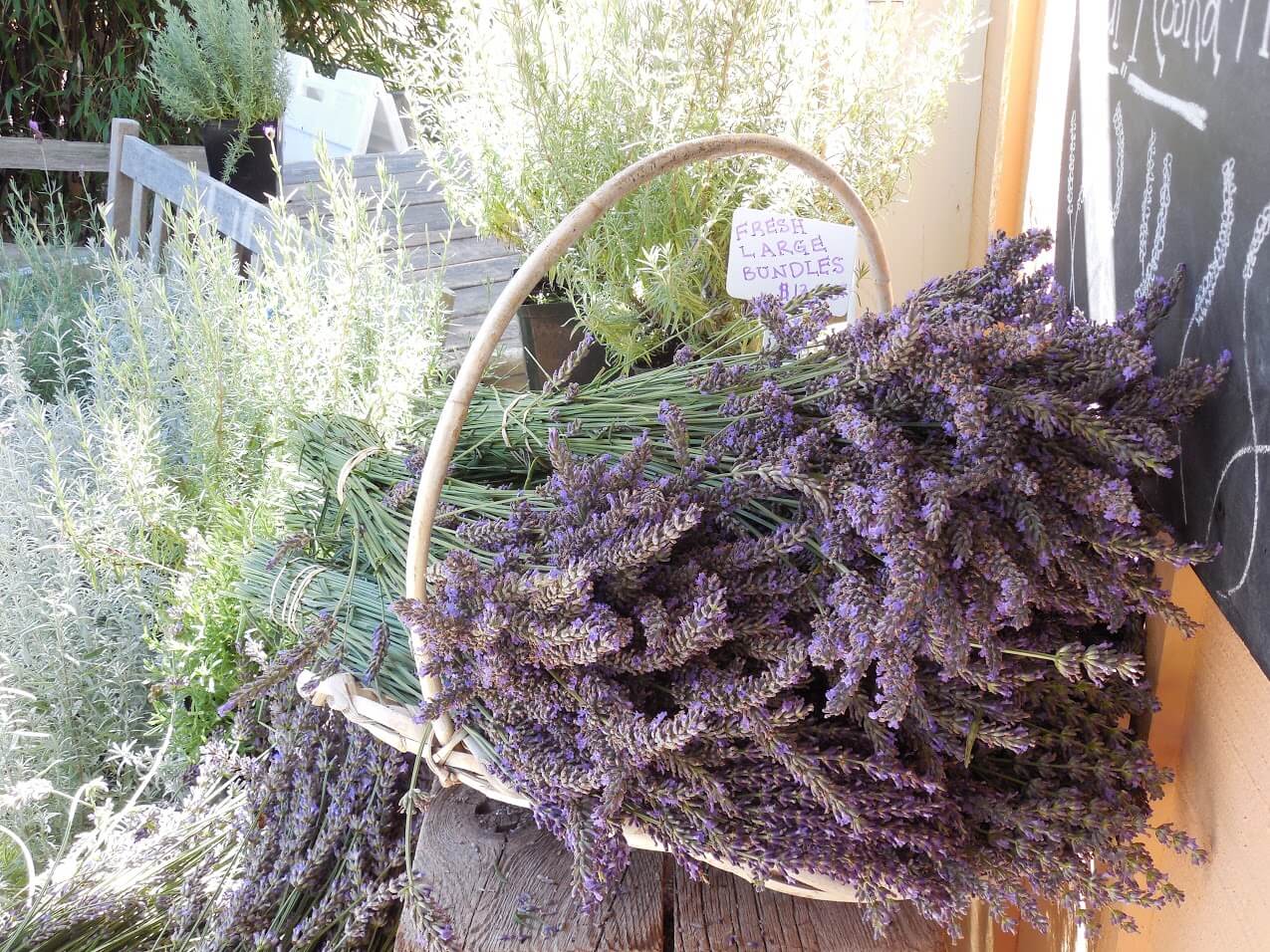
As an added benefit, lavender can be eaten, made into tea, or used as a sleep aid. Like most plants in this post, lavender will thrive in full sun.
But since lavender isn’t that big on moisture, it won’t have to be watered as much as the other plants. Check out the Green Diva’s Guide to Delicious Living for a lavender lemonade recipe and other edible flower ideas.
Lemongrass
“Citronella is probably one of the most well-known mosquito repelling substances. And deservingly so because, thanks to its citrusy aroma, it is extremely efficient at repelling mosquitoes since mosquitoes despise citrus scent. But not many know that citronella actually comes from lemongrass plants. Which makes it one of the best plants to grow in your backyard if you want fewer mosquitoes,” advises Karen Thompson, main editor of InsectCop.net, a popular insect and pest-control advice blog.
“The great thing about lemongrass, besides its mosquito repelling capabilities, is the fact that it is quite easy to grow, and it can also be used in culinary and as medicine. And thanks to its soothing smell and taste, it can be used to help you sleep better.”
Lemongrass loves sun and moist soil. Plant lemongrass where it will be getting a lot of sun and make sure to water it frequently. If you end up with an abundance of lemongrass, check out this easy lemongrass and coconut milk DIY Soap Recipe.
Mint
It turns out that mint is good for much more than candy canes and breath mints. “All types of mint, regardless if cultivated or wild, contain aromatic properties which are repulsive to insects,” says Thomson of Expert Garden Maintenance Services. Keen on sunlight and well-drained soil, mint will be good-to-go under these conditions.
Mint requires plenty of water especially when it’s hot. Different species of mint should not be planted next to each other, or they may lose their individual scents. Mosquito repelling plants from the mint family include catmint or catnip, horsemint, lemon balm, bee balm, and peppermint.
What else is mint good for? The ancient Greeks, Romans, and Egyptians were known to use peppermint as a cure-all. If your fast-growing plants leave you with an abundance of mint, use the excess to make homemade tea!
Rose Geranium
Rose geranium, also known as sweet-scented geranium, is an evergreen shrub with bright pink blooms that also works as a mosquito-repelling plant. According to horticulturist Stan Miklis, rose geranium is like lemongrass in that it releases the repellant citronellol when crushed.
Its rose-scented leaves are commonly used as flavorings in desserts, jellies, and vinegars, and the fresh leaves can be brewed as a fragrant herbal tea.
The flowers are also edible and can add a bright pop of color and fragrance to salads. Best planted in well-drained dry or moist soil, rose geranium will not flourish in the shade. And be careful to cover them liberally because, as Miklis notes, “too much fertilizer may actually decrease the fragrance.”
Rosemary
“Not only is this herb useful in the kitchen, but it’s also known to drive away mosquitoes, flies and moths with its woody scent,” says Lawhorne. Rosemary’s scent not only keeps mosquitoes away, but deters other insects like carrot flies and cabbage moths.
Rosemary is hearty enough to grow almost anywhere, even in a broken coffee mug. In addition, as an herbaceous spice, rosemary is excellent when made into tea or a refreshing rosemary vanilla spritzer. Make sure to water rosemary often, especially during warmer seasons.
Although some people are skeptical about the efficacy of mosquito repelling plants, Miklis begs to differ. “It is my experience that they do work. I grow and sell many herbs, and the products sold most repetitively are the mosquito repelling plants. The testimony of the purchaser is that they are effective.”




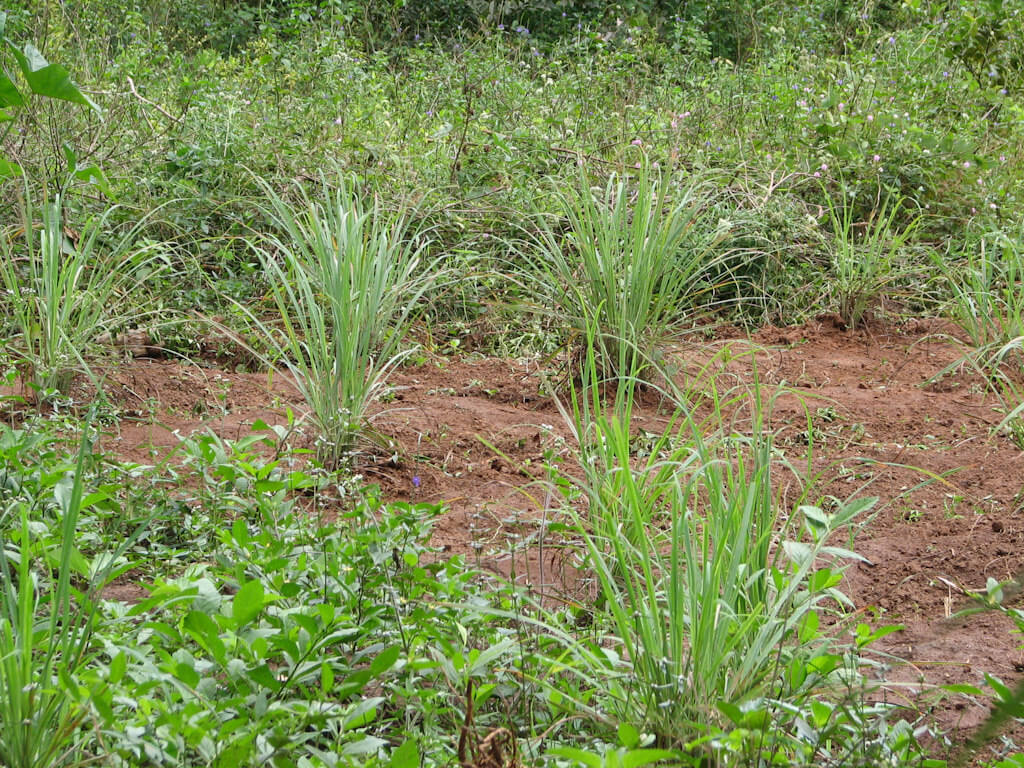
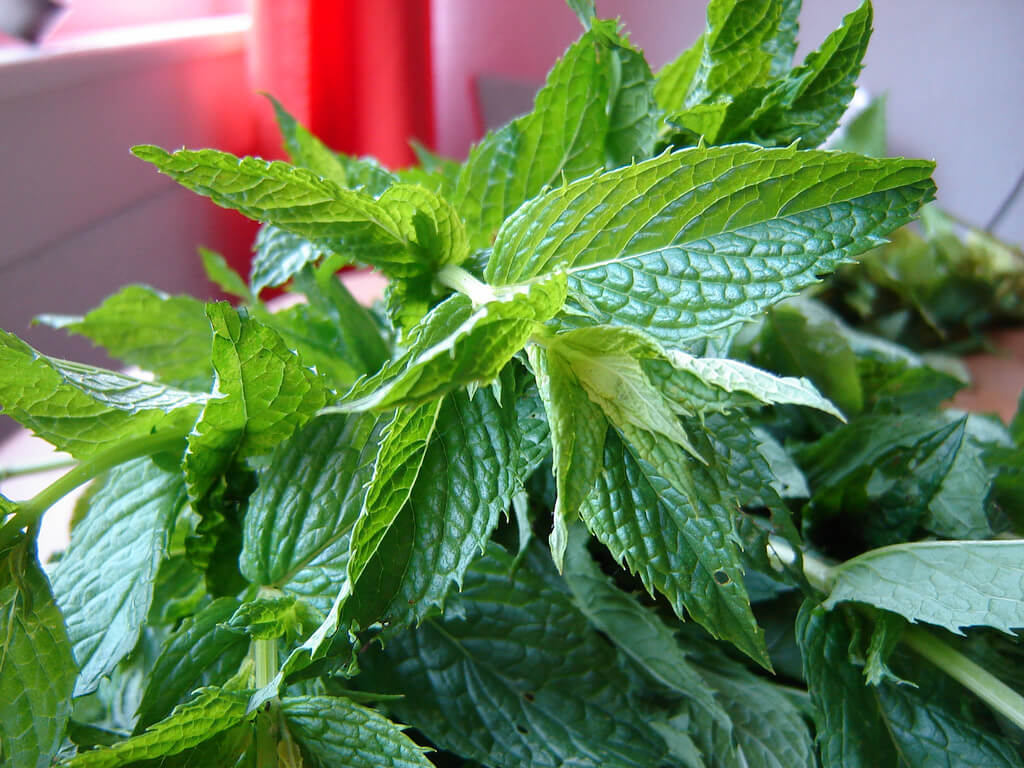
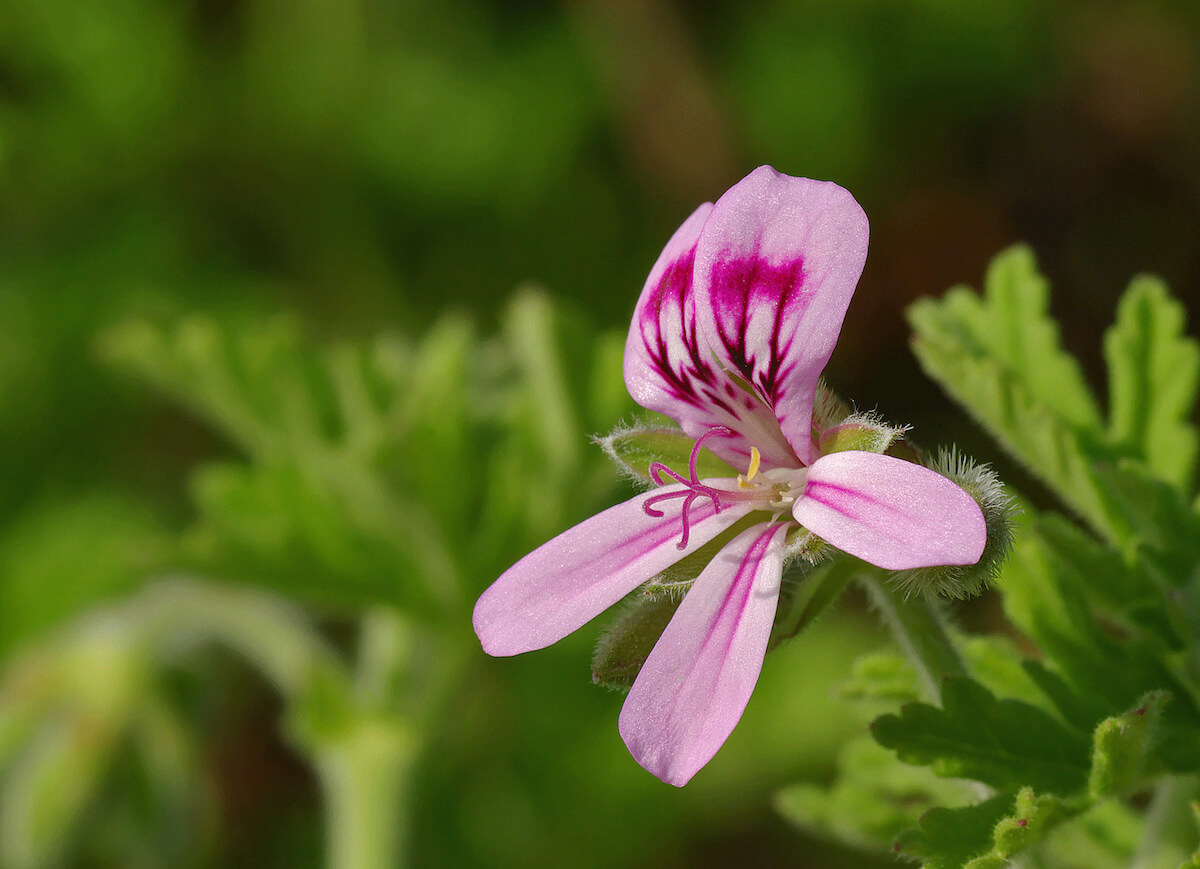
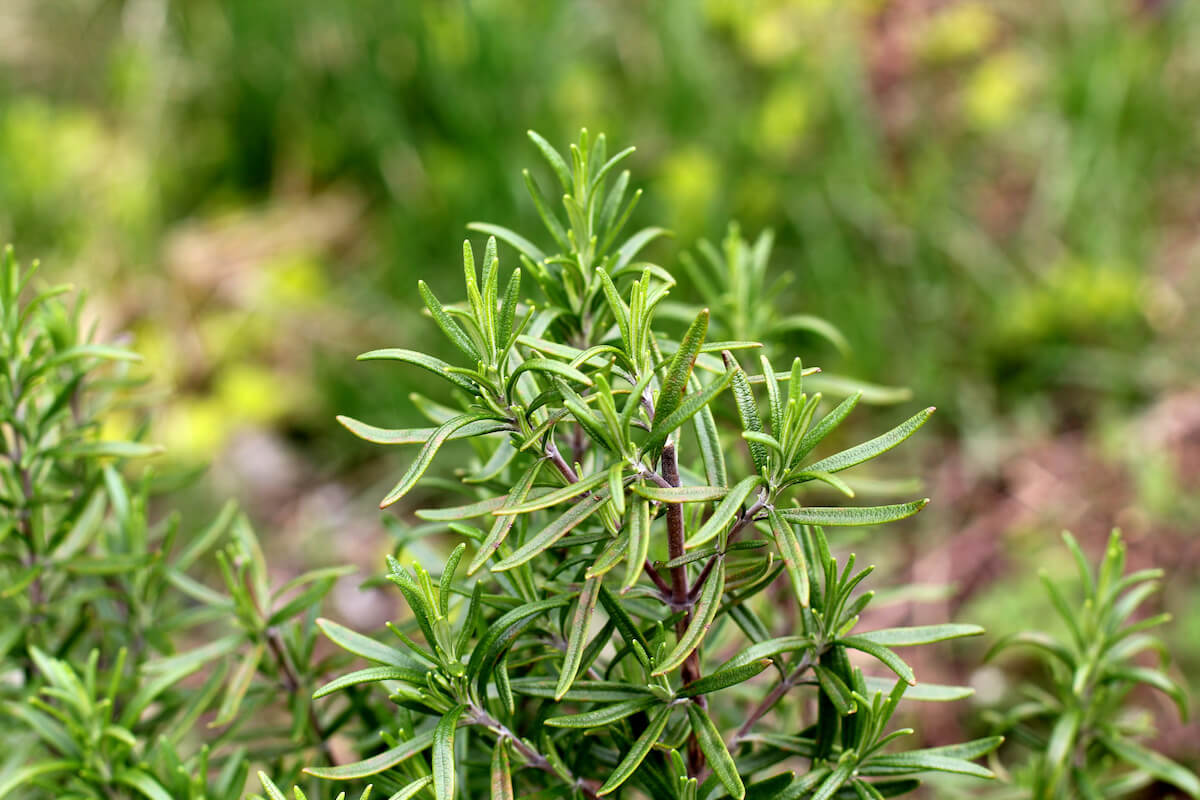



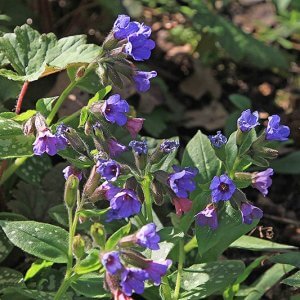









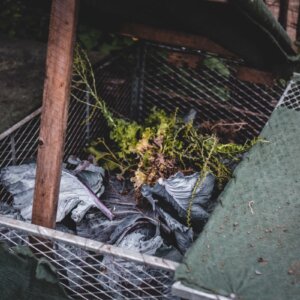

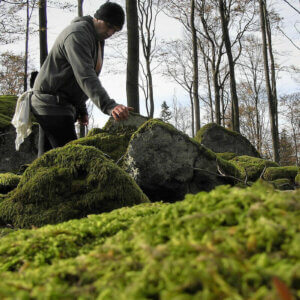




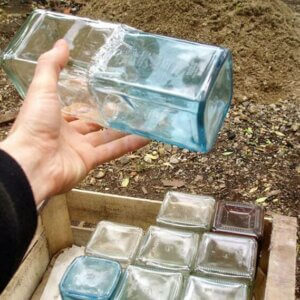

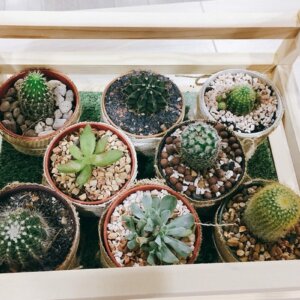















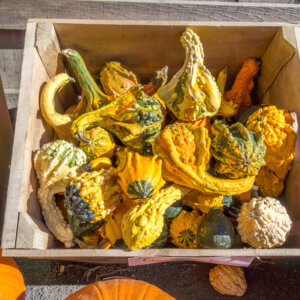
Leave a Reply